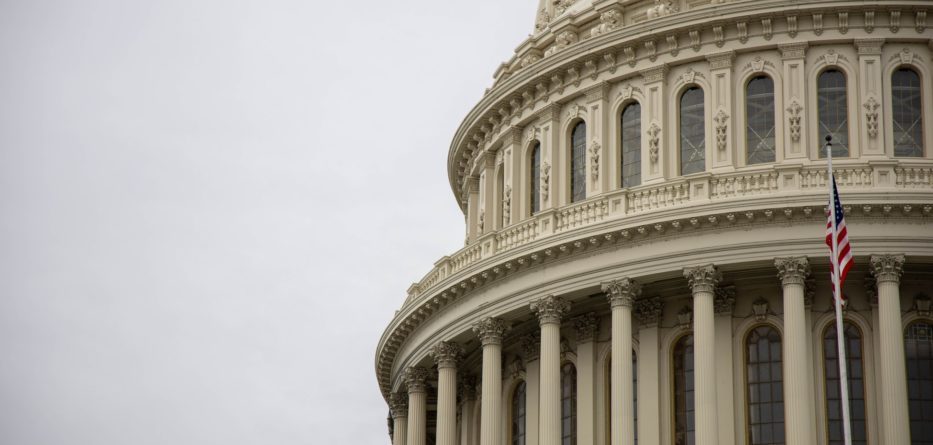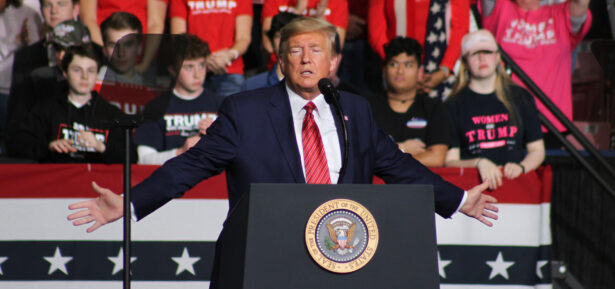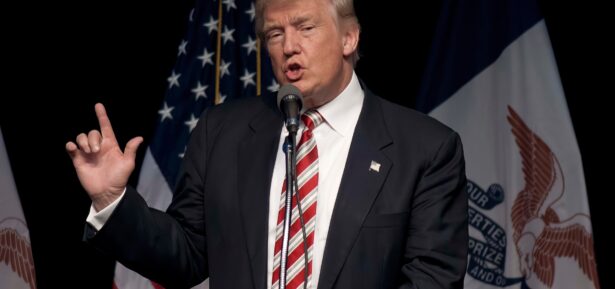Some are concerned about the safety of the US Capitol after multiple threats.
On Thursday, a man named Floyd Ray Roseberry drove his truck up to the Library of Congress and proclaimed that he was in possess of an explosive device, which he intended to use to pursue a “revolution.” After multiple hours of negotiation, Roseberry was talked down by agents of the US Capitol Police, the FBI and the Bureau of Alcohol, Tobacco, Firearms and Explosives, and he and his vehicle were removed from the premises with no further incident.
“REVOLUTION”: the suspected bomber is calling for “Patriots” to come support him & spark a revolution. He has no clue which building is the US capitol so he parked at Library of Congress. https://t.co/xBfkp7JZJQ
— Malcolm Nance (@MalcolmNance) August 19, 2021
This incident has compounded existing concerns that have been brewing since the January 6 Insurrection, leading some US officials to suggest increased security measures for the Capitol. Former Naval intelligence and counterterrorism officer Malcolm Nance suggested that a permanent fence should be erected around the Capitol perimeter. Following the January 6 Insurrection, there was a temporary fence around the Capitol, though it was removed last month.
I just watched the Capitol Police chief give a briefing on today's arrest. This is a night-and-day difference from their behavior just a few short months ago. I am hoping we see similar progress with implementation of a FOIA-like process and release of IG reports.
— Daniel Schuman (@danielschuman) August 19, 2021
“It should have happened long ago,” Nance told NPR, adding that there is a possibility of an “insurgency where this is going to happen a lot only, there’s a lot of potential for it not to be threats.”
Nance’s stance runs parallel to that of Daniel Schuman, policy director of advocacy group Demand Progress, who believes that erecting a permanent fence around the Capitol would create a divide between citizens and lawmakers, literally and metaphorically.
“Every time you add an additional layer between people and the people that represent them, you create further distance. It becomes harder for members of Congress and their staff to hear from folks that the laws affect,” Schuman told NPR.








